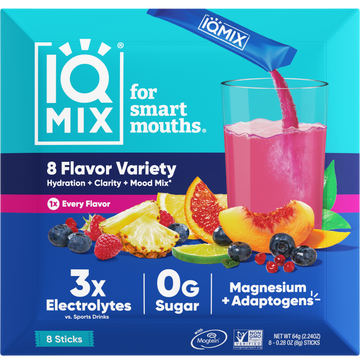|
Obvious statement: the pandemic was stressful for everyone. Less obvious: what did chronic stress over multiple years do to our brains?
For teenagers, it looks like it substantially aged them.
When we're teenagers, our hippocampus (memory center) and amygdala (threat center) naturally grow, and tissues in our cortex (executive function center) naturally thin out.
This process accelerated by several years in a cohort of 163 teenagers observed by researchers as they lived through COVID-19 lockdowns.
“We already knew from global research that the pandemic adversely affected mental health in youth, but we didn’t know what, if anything, it was doing physically to their brains until now,” Ian Gotlib, one of the researchers, laments.
Given reports of anxiety and depression are up 25%+ relative to pre-pandemic years, the findings aren't especially shocking - they're more so concerning.
"It's not clear if the changes are permanent," says Goflib. We don't know if chronological age will catch up to brain age. We don't know if memory or cognitive problems will emerge. We don't know much of anything from a longitudinal standpoint.
Researchers will continue to closely study this generation to fill in gaps, but in the meantime, look to minimize chronic stressors (violence, neglect, dysfunction, etc.) in your own life and in the lives of those around you - doing so has never been more critical.
|
